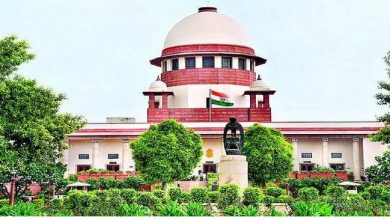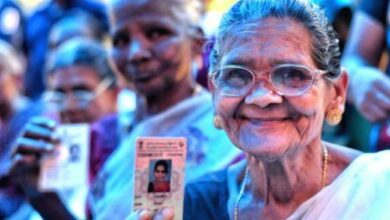Staying Hydrated in Kerala’s Summer Heat: Essential Tips for Prevention

From March to May, the India Meteorological Department has predicted an unusual heatwave in the country. The Centre for Water Resources Development and Management (CWRDM) also warned Kerala that most of its districts would experience intense summer heat during March. The weather agencies have been emphasizing the need for precautions against the impending extreme heat and dry spell that is expected to continue into April. As the elevated temperature, coupled with increased humidity due to the rising atmospheric pressure, poses a threat to the body’s thermoregulation, experts advise adopting measures to stay cool and hydrated. Failure to do so could lead to heat-related illnesses and complications.
Key Recommendations
A decrease in the water content in the body is hazardous.
The body temperature rises significantly when the ambient temperature exceeds 40 degrees Celsius (hyperthermia), leading to heatstroke.
Loss of electrolytes (such as sodium, potassium, etc.) due to sweating can disrupt the body’s balance.
Drinking water only when thirsty is not enough during hot weather. Dehydration occurs when the body loses water through sweating, and the message to drink water reaches the brain when experiencing thirst. However, for those working outdoors, this sensation may occur after dehydration has already set in.
Even heatstrokes can be partially prevented by staying hydrated. In the hot season, water scarcity is common, leading to water pollution. It’s crucial to ensure the cleanliness of the water you consume to prevent waterborne diseases.
Excessive alcohol consumption during hot weather should be avoided, as it can lead to dehydration. The liver and kidneys, among other organs, work more, and dehydration can result in the loss of electrolytes. In a state of unconsciousness, recovery can be more severe when exposed to sunlight.
Individuals with diabetes should be especially cautious during hot weather.
Patients receiving palliative care should be attended to, as dehydration can worsen their condition. If they are unable to consume water, it may be administered intravenously.
For people with high blood pressure, staying hydrated is essential. Hydration helps regulate blood pressure and prevents the onset of heat-related issues.
Regular water intake throughout the day is crucial. Drinking water between meals is a good practice.
Consumption of electrolyte-rich drinks such as rice water and tender coconut water can help maintain electrolyte balance in the body.
Fruits with high water content, such as watermelon and cucumber, are excellent choices to stay hydrated.






